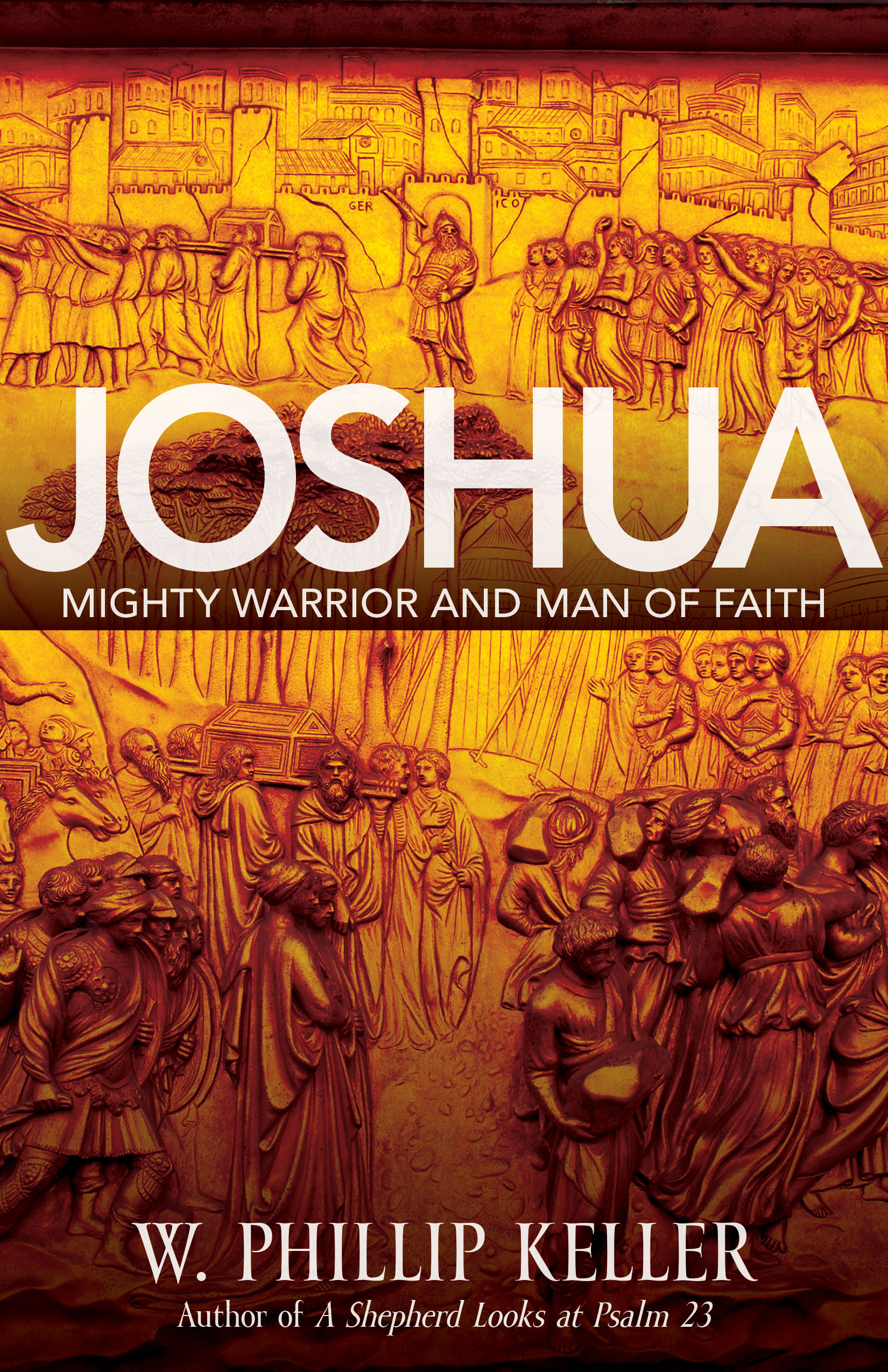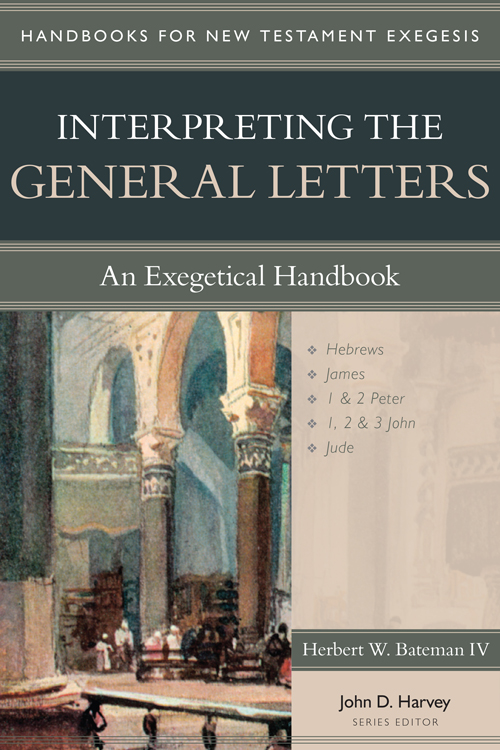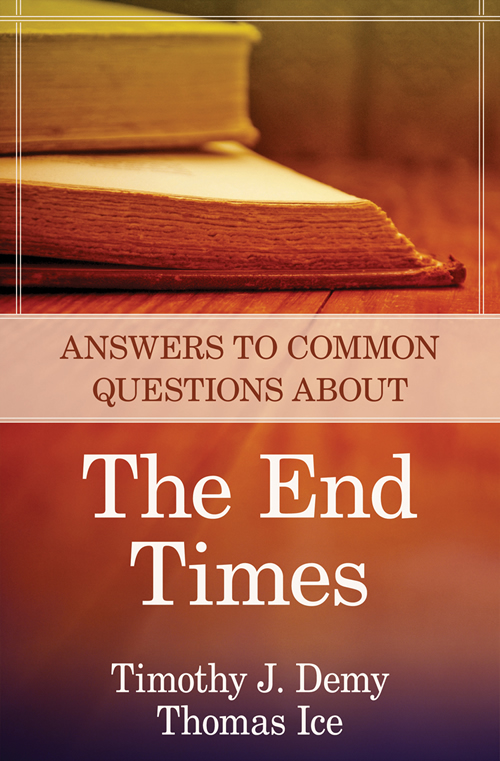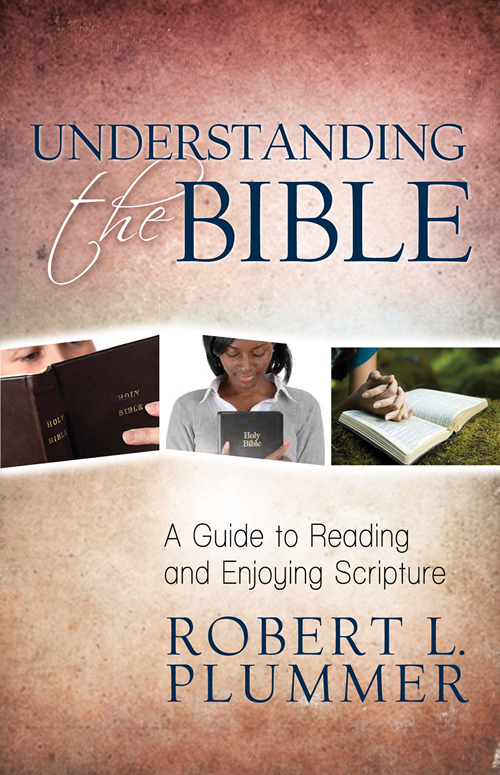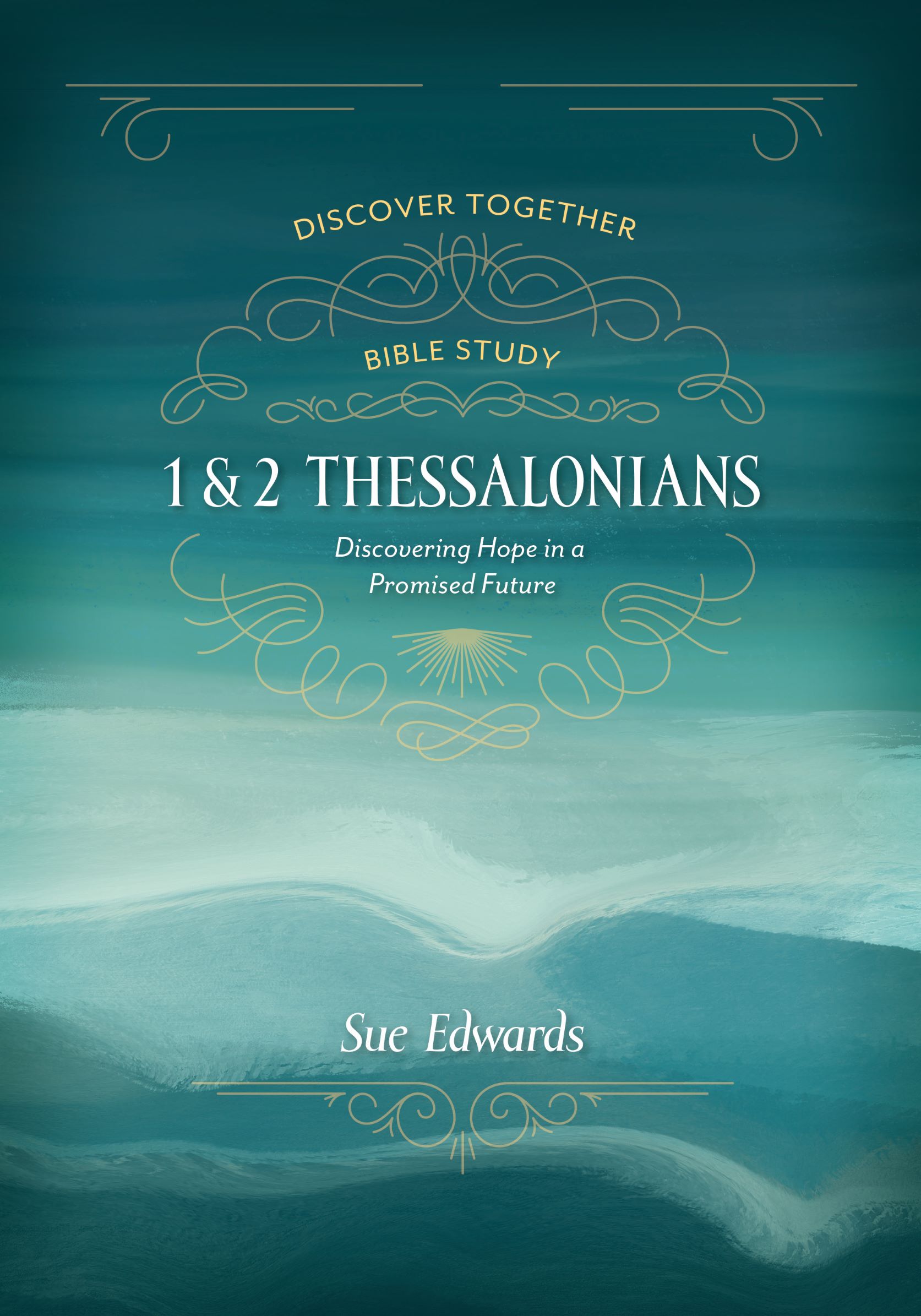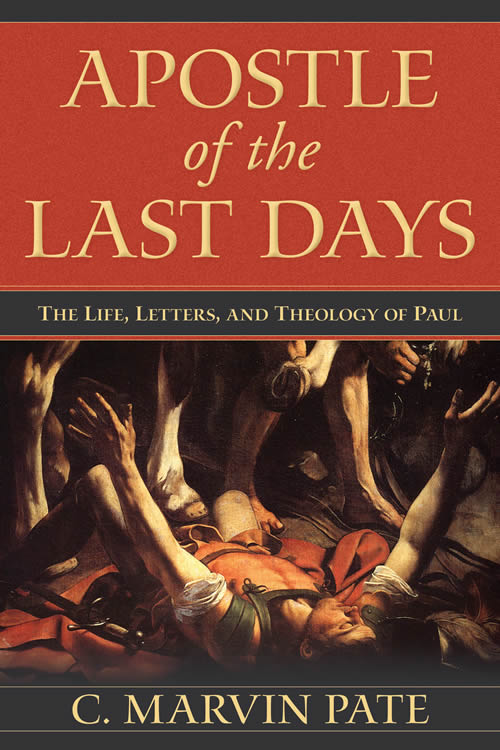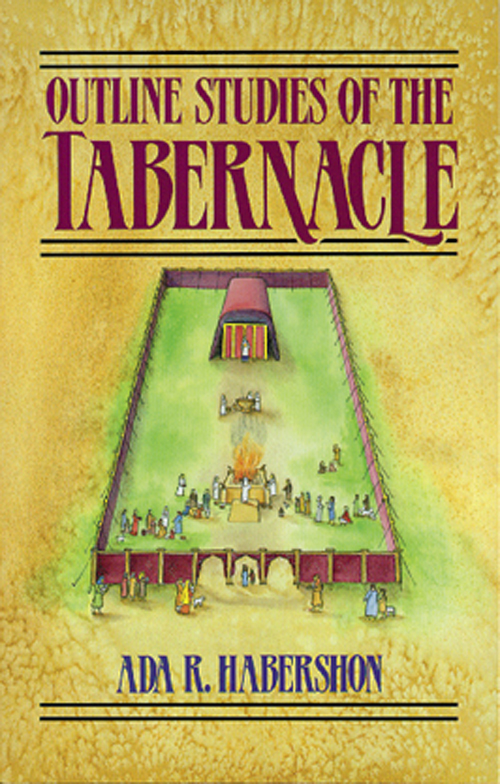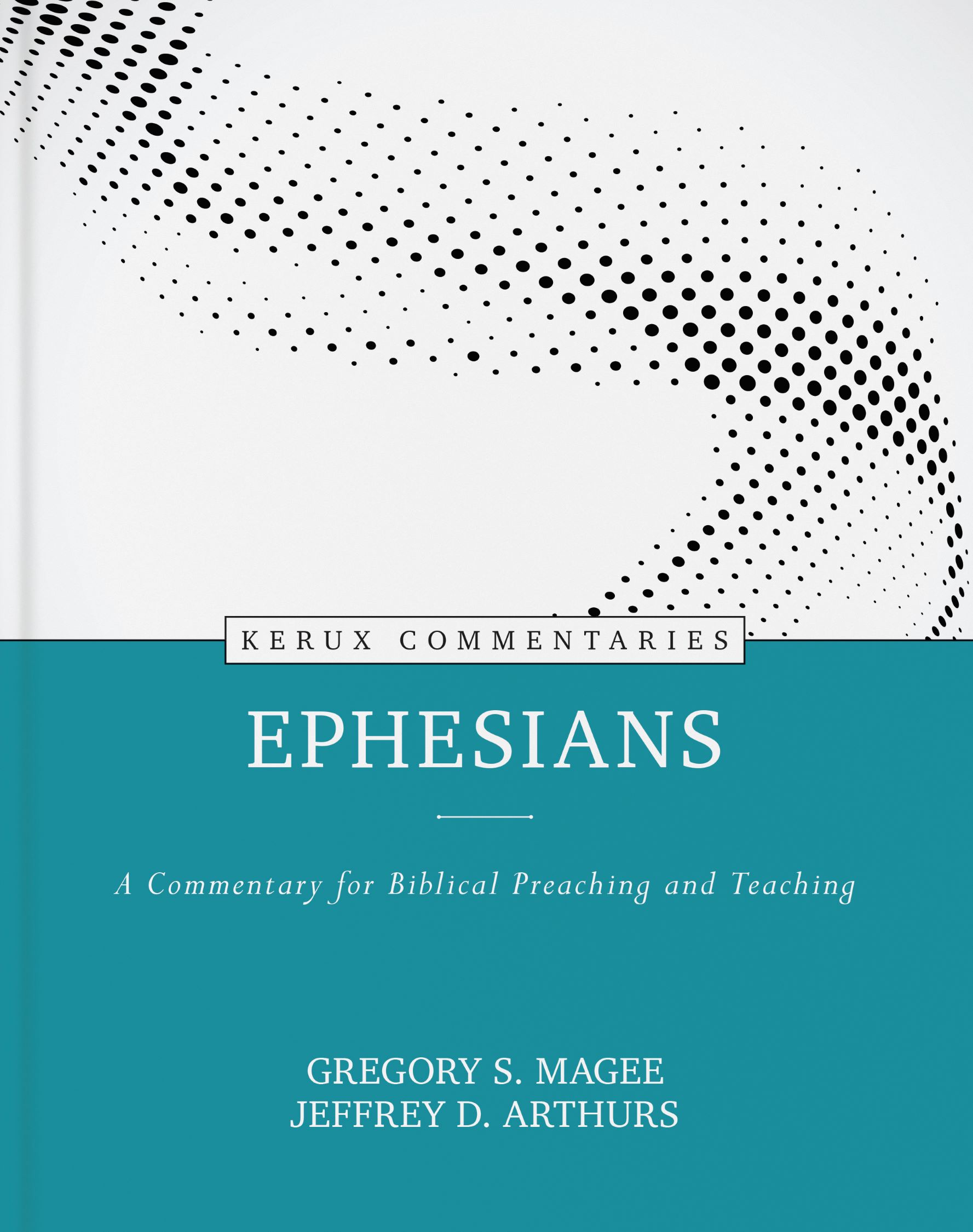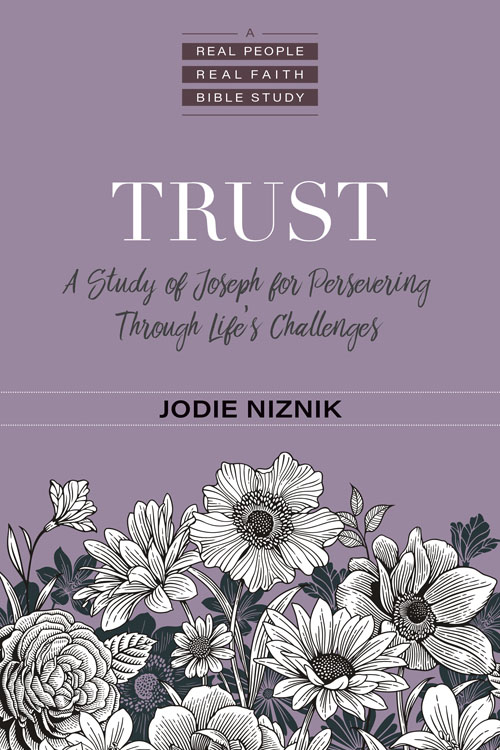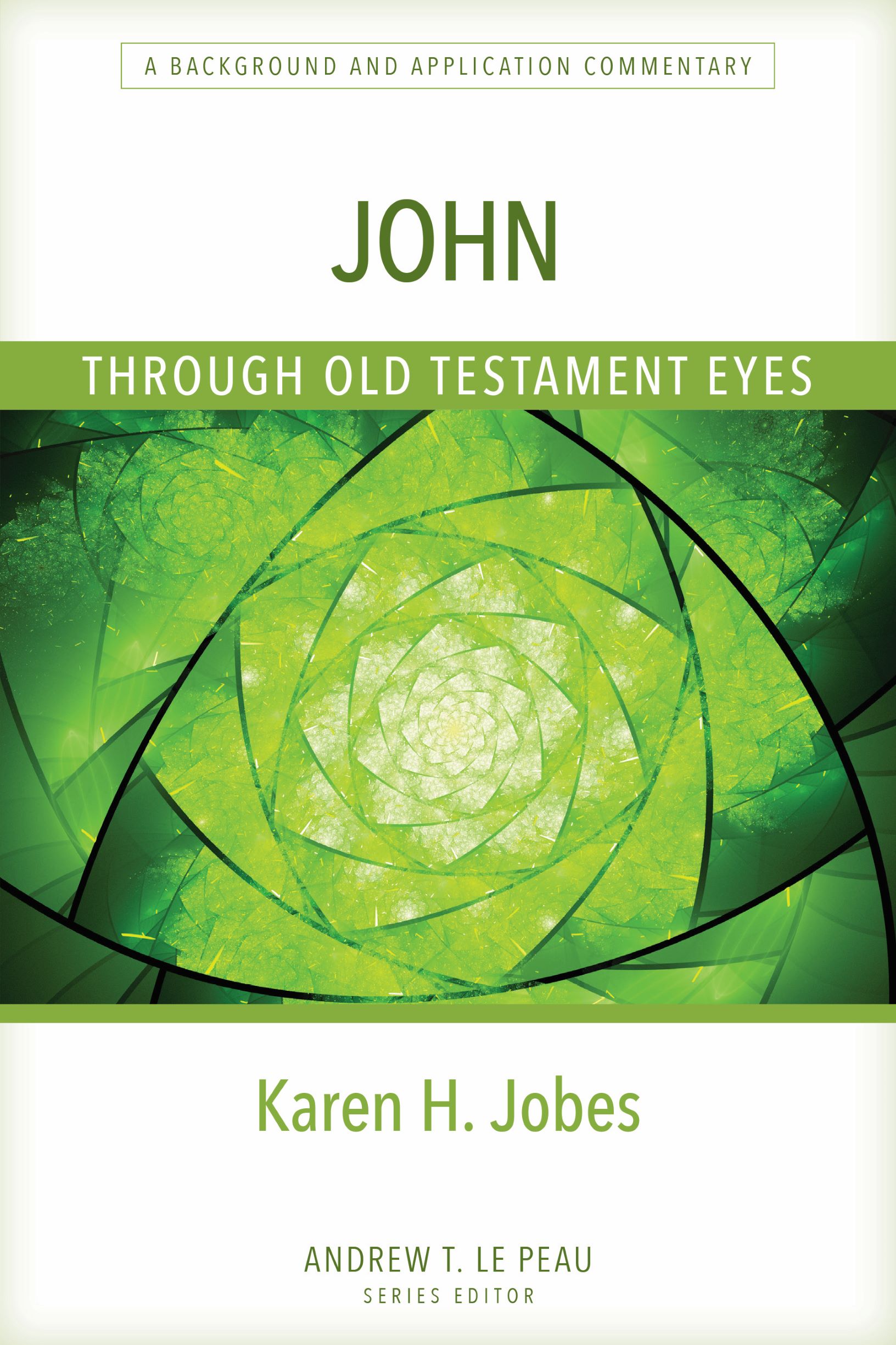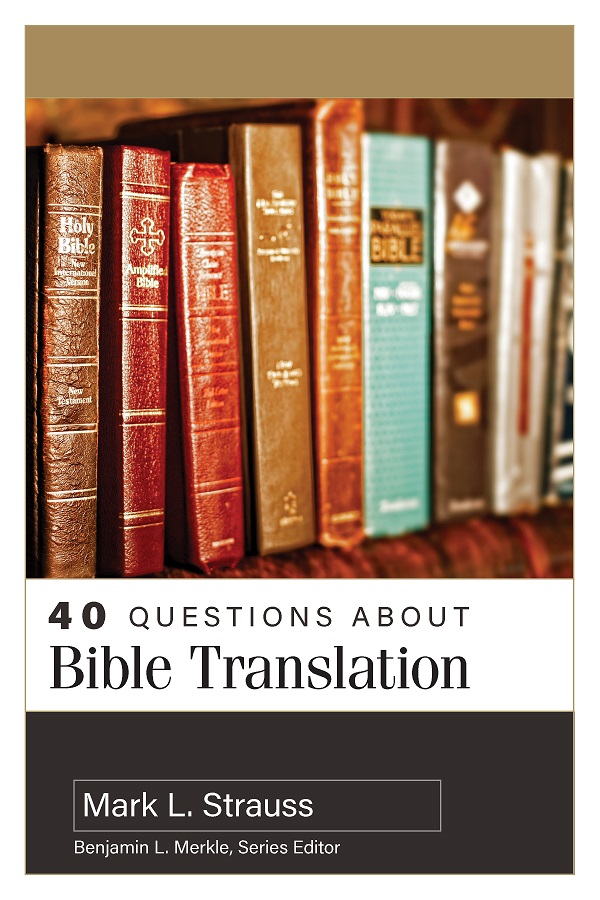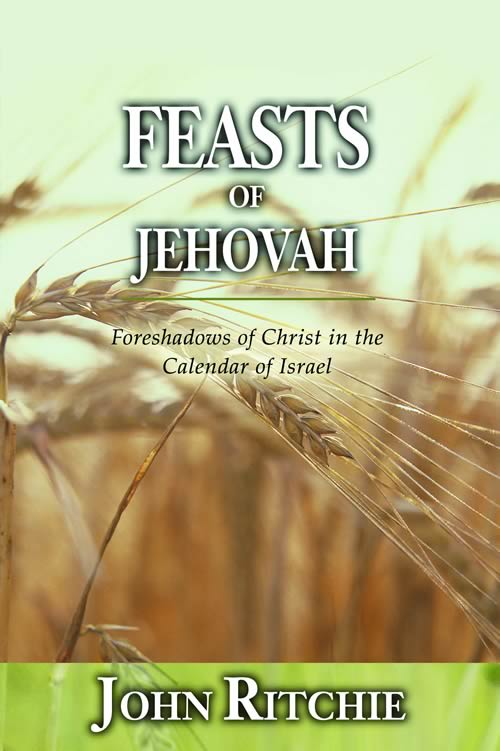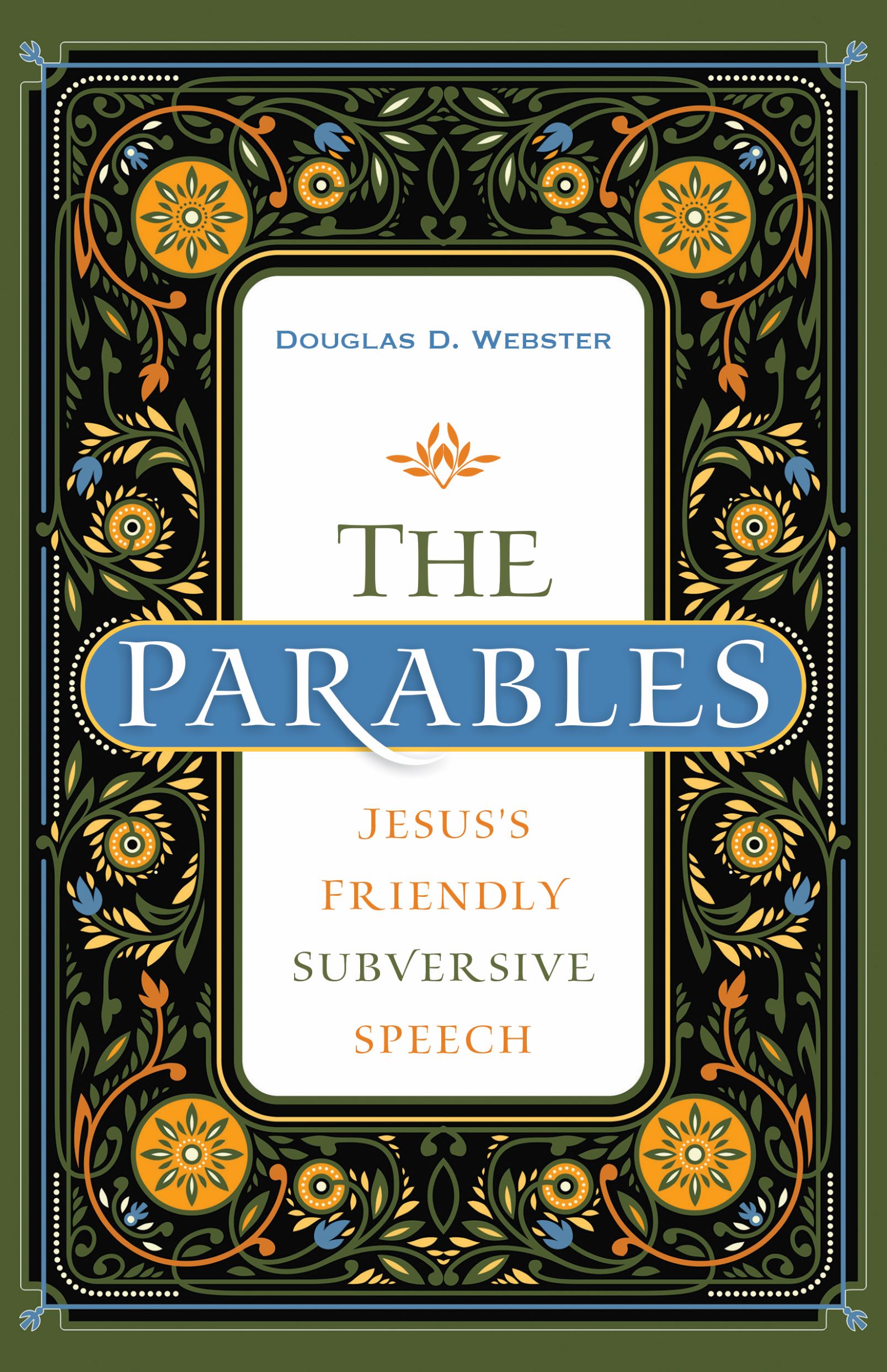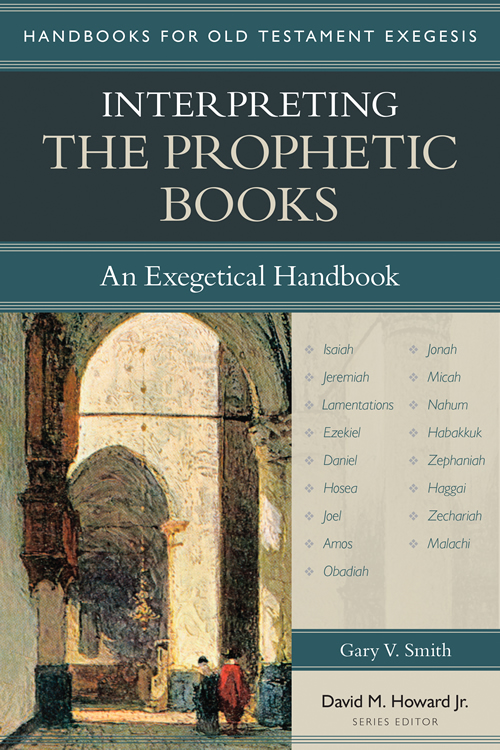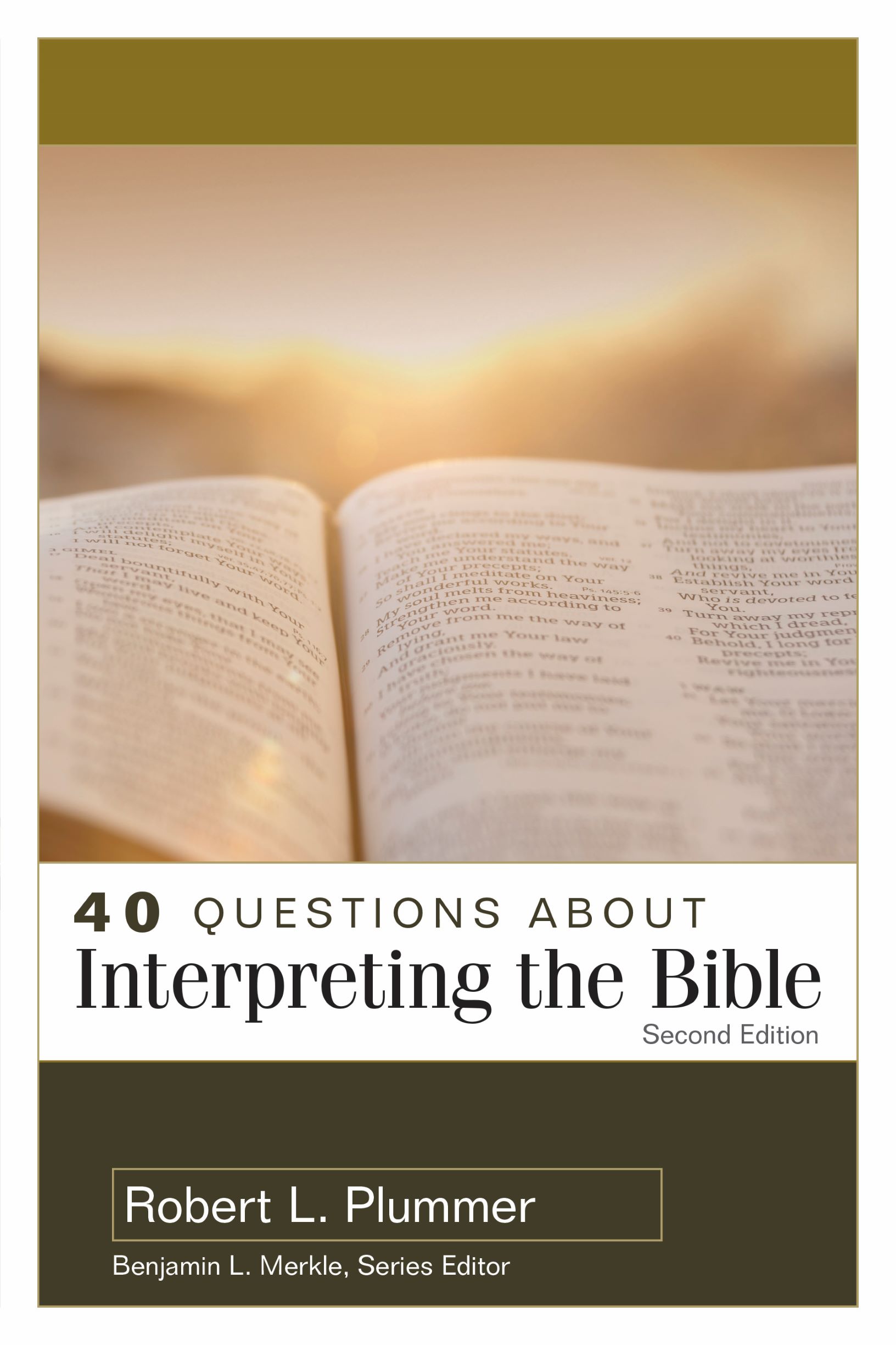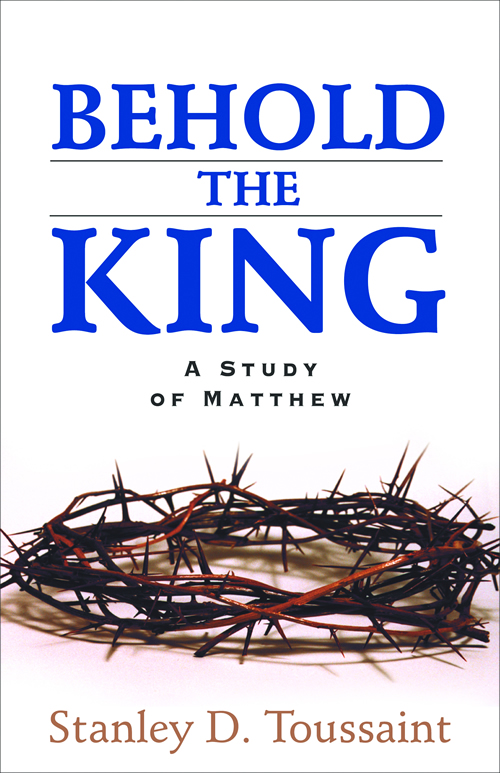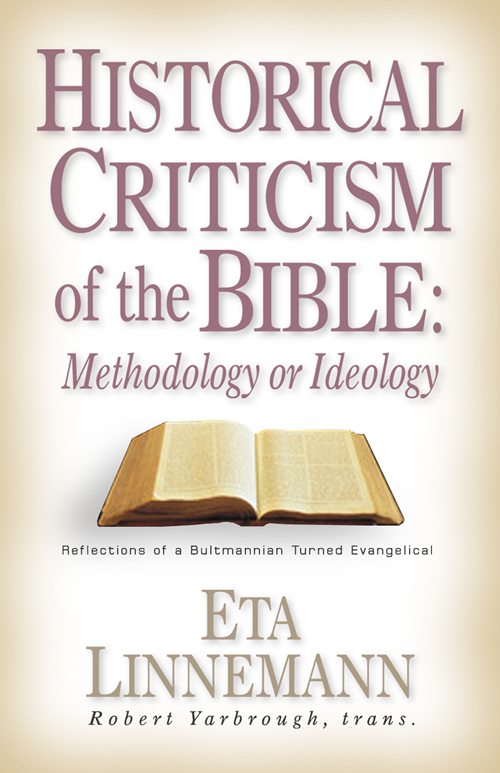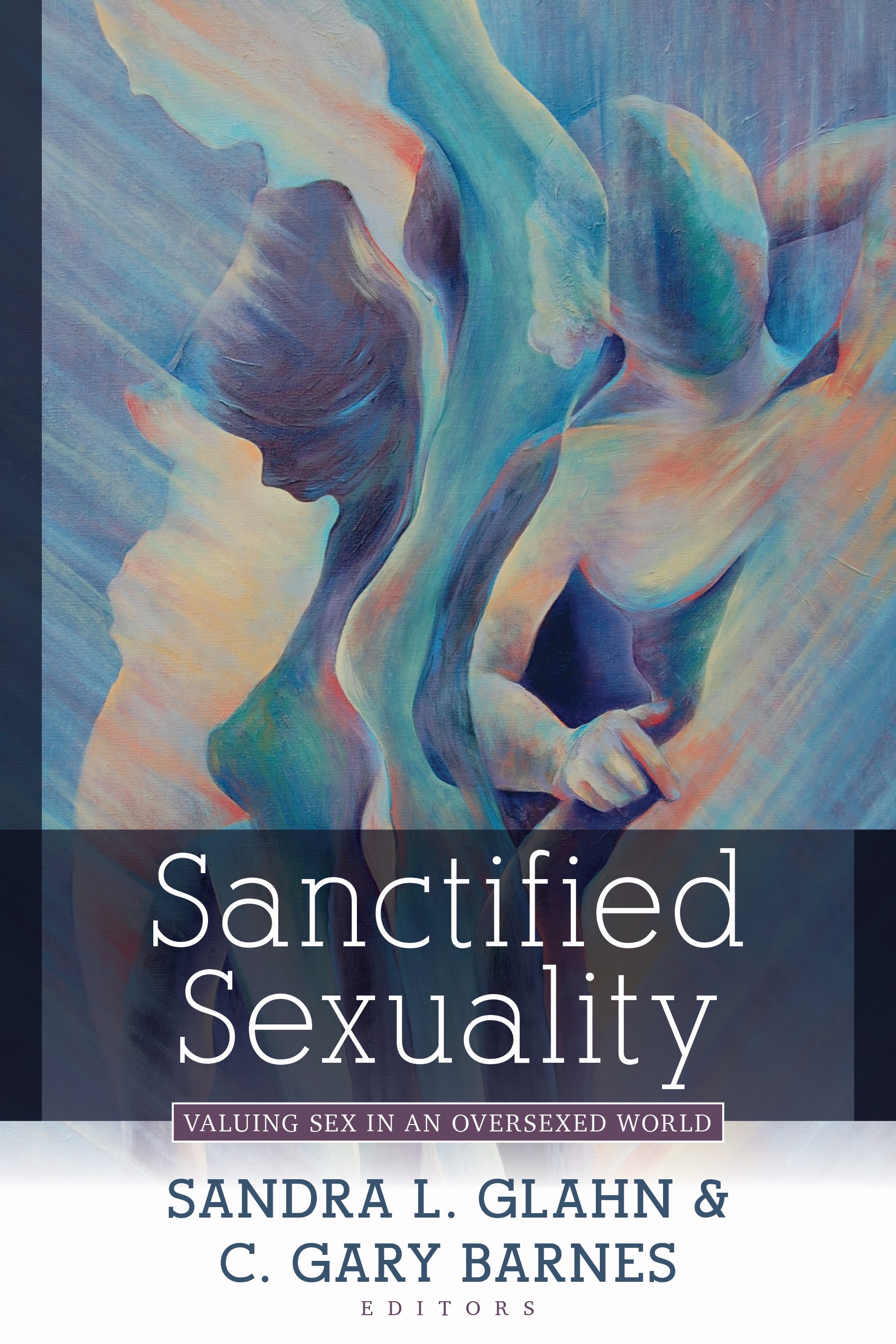-
40 Questions About the Apostle Paul
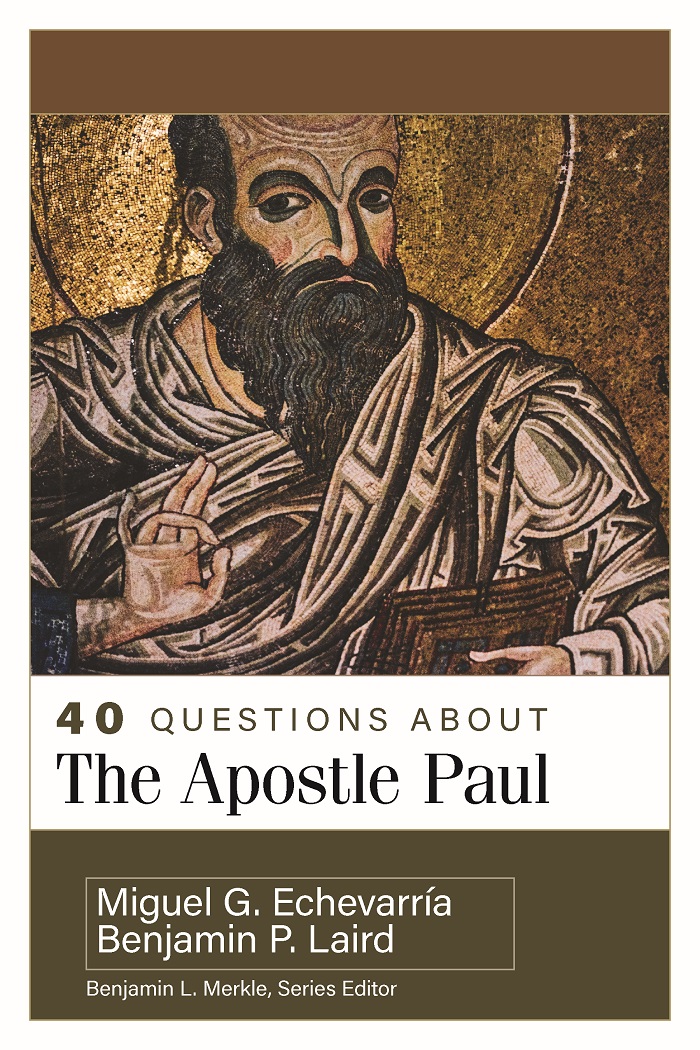 Product Information
Product InformationPrice: $24.99
ISBN: 9780825447525
Edition: October 10, 2023
Pages: 374
Publication date: October 10, 2023
Format: Paperback
Imprint: Kregel Academic
Category: Biblical Studies
Series: 40 Questions Series
Click to View Pricing 40 Questions About the Apostle Paul
What can we know about the apostle Paul, and what difference does it make?
Paul of Tarsus was an undeniably forceful presence in the early Christian church, instructing fledgling congregations of believers throughout the Mediterranean in person and by letter and authoring about half of the New Testament in the process. But who was this powerful personality? And how can students most benefit from the extensive studies on Paul available today?
New Testament scholars Miguel Echevarria and Benjamin Laird provide an invaluable foundation for students beginning their investigations into the apostle Paul, Paul's theology, and Pauline studies, addressing orienting questions such as these:
- What do we know about Paul's family?
- How did Paul's companions assist in the composition and distribution of his letters?
- Did Paul think his letters were authoritative Scripture?
- Is there a center to Paul's theology?
- What is Paul's Christology?
- What are the strengths and weaknesses of the New Perspective on Paul?
- Does Paul address slavery and racial division?
Through its question-and-answer format, 40 Questions about the Apostle Paul provides a succinct introduction and entryway to more advanced study of Paul and the Pauline letter corpus. Additional resources are available at 40questions.net.






